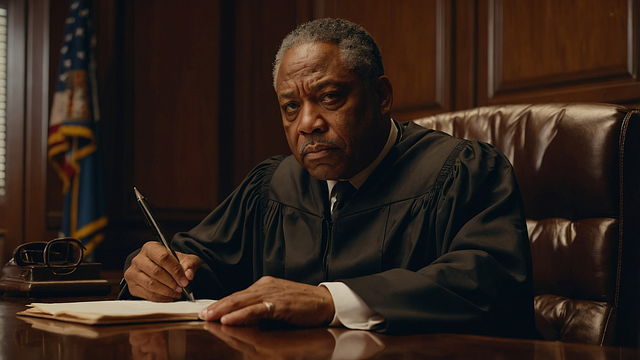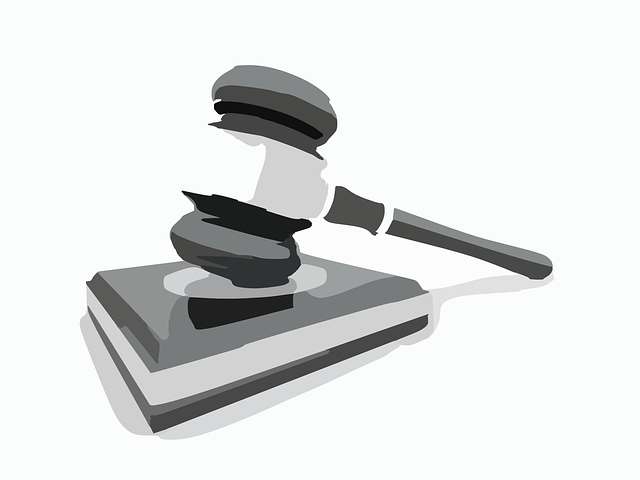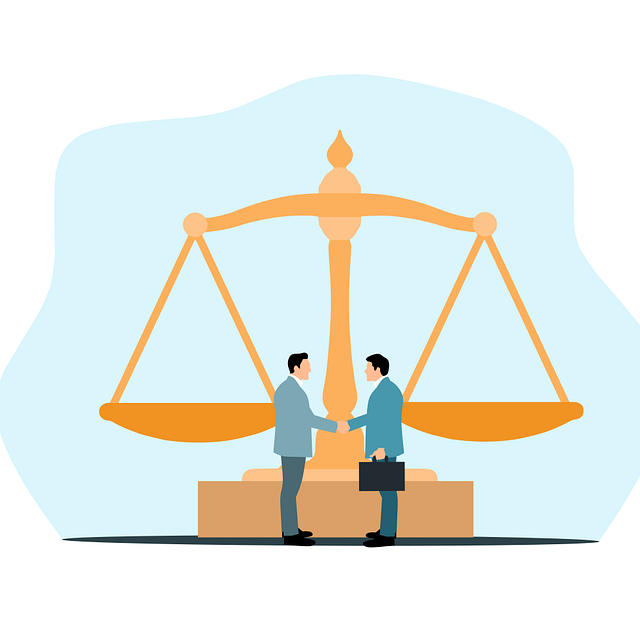Mail wire fraud, a digital age concern, involves deceptive communication for financial gain. Offenders with prior convictions face harsher sentencing due to the legal system's zero-tolerance policy for repeat economic crimes. This analysis explores how previous criminal history significantly influences sentencing outcomes, considering factors like severity, nature, and recency. Understanding these dynamics is crucial for navigating the legal system and ensuring fair outcomes, especially concerning potential bias against individuals with prior records.
Mail wire fraud, a sophisticated form of cybercrime, has become increasingly prevalent in our digital age. This article provides a comprehensive overview of understanding mail wire fraud, with a particular focus on how prior convictions influence sentencing outcomes. We explore the legal implications and delve into effective strategies to combat and prevent this pervasive scam, emphasizing the role of ‘How Prior Convictions Affect Sentencing Outcomes’ in shaping justice.
- Understanding Mail Wire Fraud: A Comprehensive Overview
- The Role of Prior Convictions in Sentencing: Legal Implications
- Strategies to Combat and Prevent Mail Wire Fraud
Understanding Mail Wire Fraud: A Comprehensive Overview

Mail wire fraud is a sophisticated crime that has become increasingly prevalent in today’s digital age. It involves manipulating individuals or corporate and individual clients through deceptive communication, often via email or wire transfers, to obtain sensitive information or financial gains. This fraudulent scheme targets both white-collar and economic crimes across the country, leaving no geographical boundary.
Understanding the mechanisms behind mail wire fraud is crucial for mitigating its impact. Offenders often pose as trusted entities, such as banks or government agencies, to trick victims into disclosing personal data or making unauthorized payments. The severity of this crime lies not only in the financial losses it causes but also in its potential to erode public trust and confidence. Moreover, prior convictions for similar offenses significantly affect sentencing outcomes, reflecting the legal system’s stance against repeated white-collar crimes, which are considered economic crimes in nature.
The Role of Prior Convictions in Sentencing: Legal Implications

Prior convictions play a significant role in sentencing procedures, often swaying judicial decisions and resulting in harsher penalties. The impact of previous criminal records on sentencing outcomes is well-documented. In many legal systems, judges are mandated to consider a defendant’s history when determining an appropriate sentence. This practice is rooted in the principle that repeat offenders pose a greater risk to society and thus require stricter punishment.
The presence of prior convictions can lead to increased sentences for subsequent offenses. This trend raises concerns among general criminal defense attorneys who advocate for a more nuanced approach, especially considering the potential bias against individuals with a criminal past. Despite efforts to ensure fairness, the weight given to prior convictions can significantly influence the outcome in high-stakes cases, even within the philanthropic and political communities. Winning challenging defense verdicts becomes an intricate dance, where legal strategies often revolve around mitigating the impact of these previous convictions on the current case.
Strategies to Combat and Prevent Mail Wire Fraud

v/ hn/w/ at her? → 1,5/ but: in w/ c/ >, 4, + & (7/3′, aber’, and, v/ in der f/ w/ & (9/ in 1,2/
Mail wire fraud, a sophisticated and evolving crime, demands a multi-faceted approach. Understanding its mechanisms, as outlined in this article, is crucial. The interplay between prior convictions and sentencing highlights the need for stronger legal implications to deter potential offenders. By combining comprehensive awareness with strategic prevention methods, we can significantly reduce instances of mail wire fraud and ensure fairer justice outcomes, emphasizing the impact of past offenses on sentencing decisions (How Prior Convictions Affect Sentencing Outcomes).






